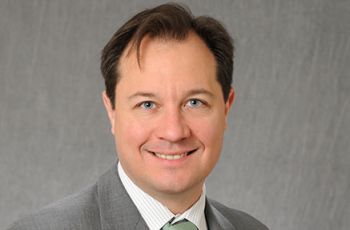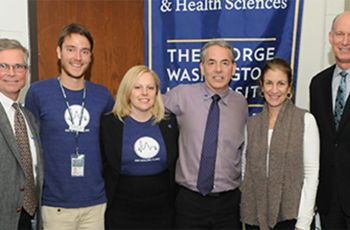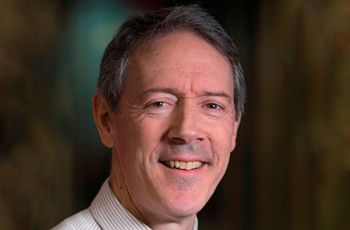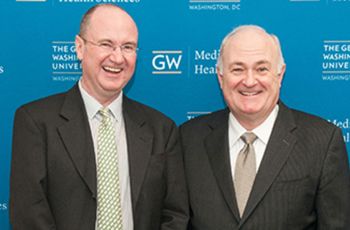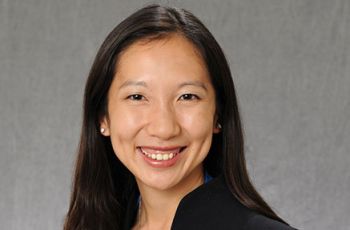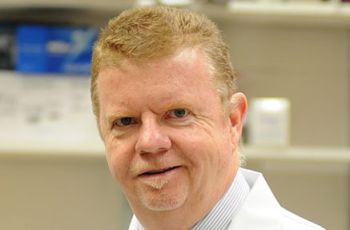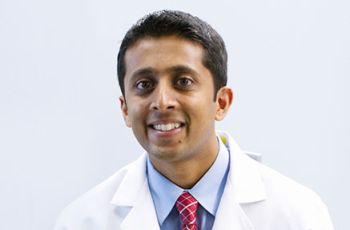News Archive
Jesse Pines, M.D., director of the Office of Clinical Practice Innovation, was interviewed for SiriusXM's Business Radio on problems and solutions in managing an emergency department.
The GW Healing Clinic's Annual Charity Auction raised more than $25,000 to support the student-run clinic on March 19.
Gerard Gioia, Ph.D., professor of psychiatry and behavioral sciences, was interviewed on the growing trend of MMA fighting for children and the potential safety risks involved. This interviewed appeared on CBS6 in Albany, N.Y.
Douglas F. Nixon, M.D., Ph.D., was installed as the Walter G. Ross Professor of Basic Science Research on March 18.
Marie Borum, M.D., professor of medicine, was interviewed by NBC4 on the negative health impact of some dietary supplements.
Mark Klein, M.D., assistant professorial lecturer of radiology, was interviewed by News Radio KEX in Portland, Ore. about the virtual colonoscopy.
Leana Wen, M.D., instructor of emergency medicine, wrote an op-ed for Slate on how to improve one's care as a patient in the emergency department.
Maryann Mazer-Amirshahi, M.D., adjunct instructor of emergency medicine, and Jesse Pines, M.D., director of the Office of Clinical Practice Innovation, were published in Academic Emergency Medicine for their paper titled, "“Rising Opioid Prescribing in Adult U.S. Emergency Department Visits:…
Paul Brindley, Ph.D., professor of microbiology, immunology, and tropical medicine, was quoted in the NIH Record for an article on genomics research and its ability to shape all areas of health, including global heatlh.
Rajeev Pandarinath, M.D., assistant professor of orthopaedic surgery, was interviewed on how adderall, a drug to help children with Attention Deficit Hyperactivity Disorder, affects physical performance.
